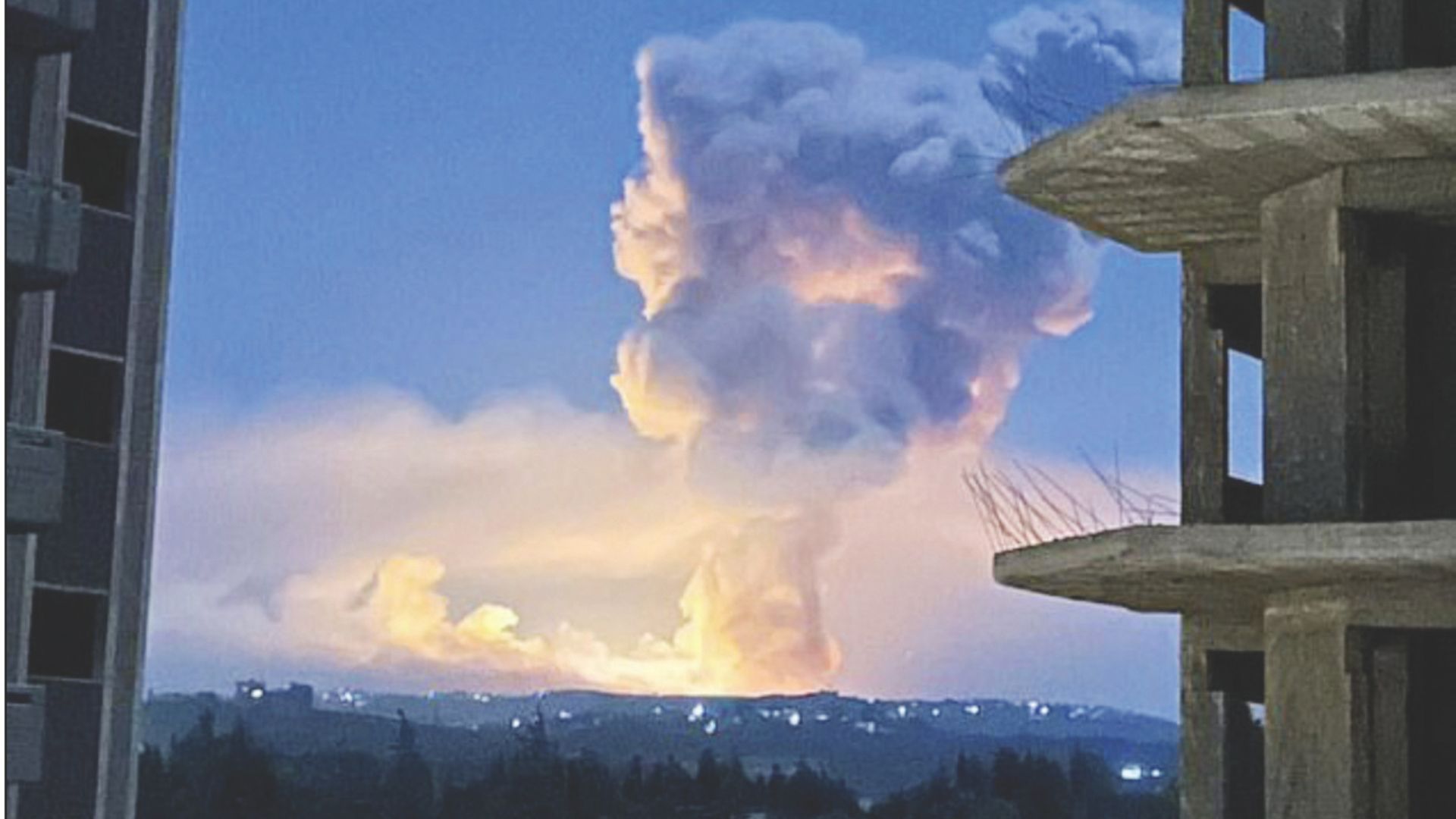The latest bombing by Israel of a weapons depot in Syria’s Tartus area—where Russia has its now abandoned naval base—triggered an earthquake that measured 3.0 on the Richter scale, giving an indication of the ferocity of the attack. This comes in the backdrop of the Israel Defense Forces (IDF) moving deep inside the Syrian part of Golan Heights soon after the fall of Bashar Al Assad. In the process, the IDF has captured Mount Hermon, the highest point in Syria. Mount Hermon is strategically located along the border of Syria and Lebanon, hence, from that height, the IDF has an untrammelled view of not just Syria, but also Lebanon, which is the seat of Israel’s archenemy Hezbollah. Significantly, Mount Hermon is located just 40 km from the Syrian capital Damascus. Hermon is a strategic high ground, which was earlier blocking the visibility of any drones and other projectiles coming from Lebanon and Syria towards Israel. Now that the IDF has captured this territory, it will be able to monitor any such projectiles approaching Israel from both Syria and Lebanon and will be able to shoot these down. This is a huge strategic advantage for Israel, which has carried out over 500 airstrikes inside Syria, destroying at least 80% of Assad’s arsenal and other military assets, while wiping out both its air force and navy—and all without facing any resistance whatsoever.
What Israel has destroyed will take decades for Syria to rebuild, if at all. Given that the enemies of the Jewish state, primarily Iran, have been using Assad’s Syria as a conduit for arms and ammunition to the Hezbollah, which has had Israel on its crosshairs for decades, the downfall of the Ba’athist regime and the exit of Iran and Russia from Syria have given Israel a huge advantage over its enemies. Tel Aviv is further amplifying this advantage by ensuring that Assad’s military arsenal does not fall in the hands of Syria’s warring sides—and there are several, backed by different global powers. The rise of Hayat Tahrir al-Sham (HTS) is unlikely to bring peace to the region, and instead, is more than likely to see the revival of the civil war that has been dogging Syria since 2011. There is a vacuum right now in Syria as HTS does not have the capacity to control the whole country. It is this vacuum that is being taken advantage of by Israel and, eventually will be filled by the several warring groups, unless HTS is able to bring the situation under control. Therefore, it makes perfect sense for Israel to change the ground reality to the extent that it can secure itself further.
However, the question is for how long this peace that Israel has bought for itself will last. Iran may have exited from Syria, but its repeated failure in its aim of erasing Israel from the face of the earth has not taught it any lesson. For Iran the setback is at best temporary, as it devises new strategies to use its terror proxies against Israel. Something similar can be said of the Hezbollah as well, which is likely to try and regroup in this period. There is also the very real possibility of the war in Syria spilling over into its neighbouring countries. So Israel should wait before declaring itself victorious in this war.
But there is a lesson to be learnt by US President Joe Biden in Israel’s actions in Syria. When Biden made the US troops leave Afghanistan, he allowed weapons and other defence materiel worth around $8 billion to fall in the hands of the Taliban. From there the weapons have landed in the hands of even Pakistani deep state for it to use as and when it wants—particularly against India. If Biden had ensured the destruction of all those weapons before the exit, perhaps the region would have been more stable. But that was not to be.

















